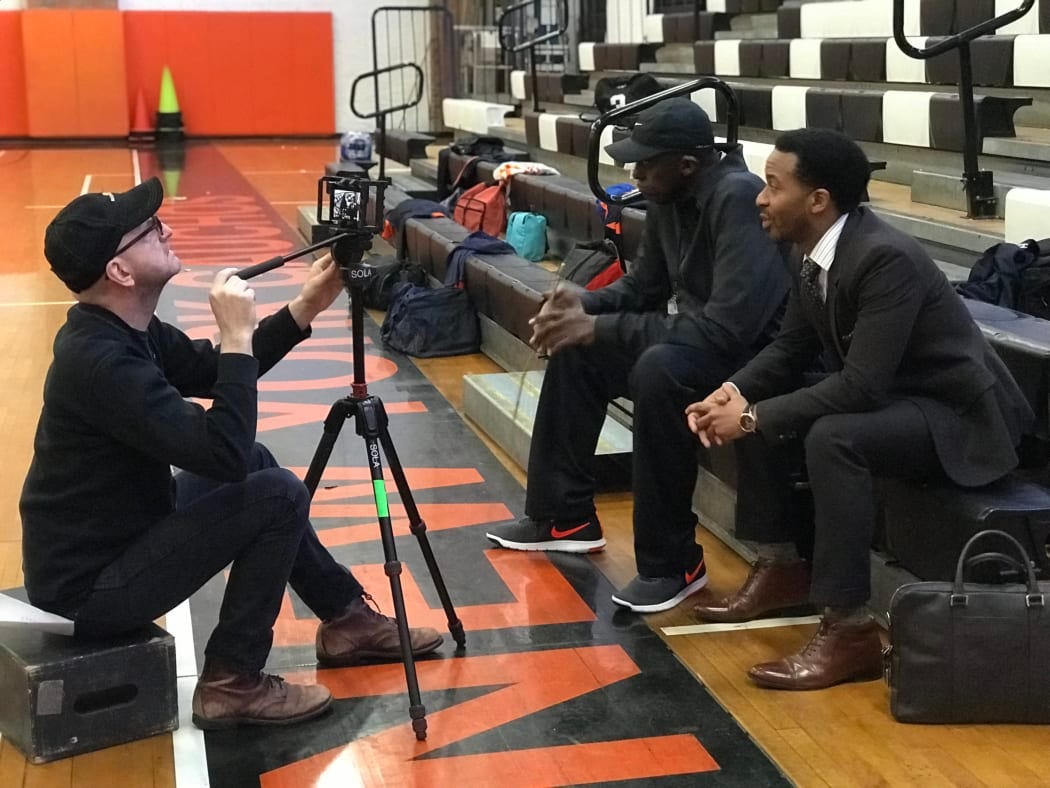Something to watch tonight: Friday 21 February
High Flying Bird (Soderbergh, 2019)
Before we get into High Flying Bird, I need to explain to new subscribers why this newsletter is called Funerals & Snakes.
In Jean-Luc Godard’s Contempt (1963), the legendary German director Fritz Lang plays himself – a curmudgeonly version of himself. Lang famously complains about the new fashion for widescreen cinema – Cinemascope, VistaVision and the …



